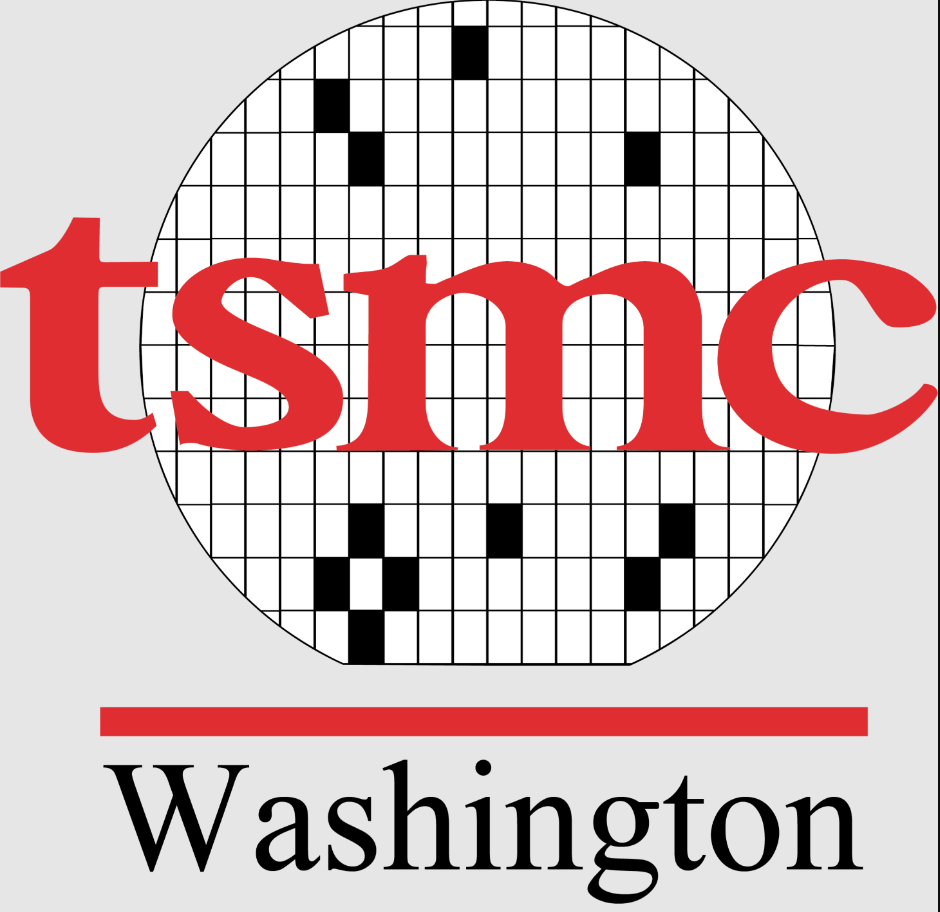Undergraduate Summer Research Program
Sponsored by TSMC Washington
2026 Projects will be posted in March
The Undergraduate Summer Research Program is designed to provide undergraduate students in engineering and computer science paid summer positions to work on research projects with faculty. Students will have the opportunity to use their academic training to gain hands on experience in their field of study. Students are encouraged to apply for up to three (3) research proposals. For examples of the scope of work involved in a summer project, prior summer project posters are on display in the hallways in the Engineering and Computer Science building. (Smaller posters 20 x 30″)
STEPS TO APPLY
- Read through the project proposals (click on the links for full details, hours, etc.).
- Select up to three projects for which you have the required skills or qualifications.
- Cross-program applications will only be considered if you have the required skills or coursework.
- Download the PDF Application. Once filled out save and name to include your name, and email to mary.bulger@wsu.edu.
Applications will be reviewed by the Summer Research Program committee. Students are notified in April if they’ve been selected to work on a project. Students will be paid for up to 240 hours at $17.13/hour; exact time commitments and project scope vary. Work begins as early as May 1. Contact for questions: mary.bulger@wsu.edu
APPLICATIONS DUE MARCH 23
Summer 2026 Projects
| Physics-informed Neural Network based Model Predictive Control for Power Electronics Inverter Faculty advisor: Hang Gao | Program: Electrical Engineering Power electronics (PE) converters have become increasingly crucial as a predominant energy conversion interface in many applications, such as renewable energy conversion systems, electric vehicle (EV) charging stations, and data centers. In recent years, model predictive control (MPC) has been emerging as an alternative high performance control approach for PE converters, which can intuitively generate superb output responses. This project’s goal is to accomplish MPC’s long-horizon prediction and optimization for Power Electronics converters over a short control period. The approach is to leverage a unique machine learning architecture named physics-informed neural network (PINN) to imitate MPC’s mechanism instead of conducting prediction and optimization online. |
| Numerical Modeling of Reservoir Thermal Stratification under Pumped Hydro Operations Faculty advisor: Chris Qin | Program: Mechanical Engineering This project’s goal is to help develop a computational model to simulate how short-term pumped hydro energy storage operations influence water temperature in large reservoirs. The student will build a simplified 1D numerical model to analyze thermal stratification changes and evaluate different operational scenarios. This project combines renewable energy systems, fluid mechanics, and environmental modeling. The project may extend and contribute to future national research proposals in sustainable energy systems. |
| AI-Powered Multimodal Anomaly Detection for Worked Surfaces Faculty Advisors: Scott Wallace, Dave Kim | Program: Computer Science The goal of this project is to build an AI tool that analyzes LiDAR and camera data to find cracks, pitting, and wear on worked surfaces. Students will help design and train multimodal models that combine multiple sensor types to detect and classify surface anomalies on roads, runways, and industrial parts. |
| Simultaneous Transmit and Receive (STAR) Antennas for Improved Spectral Efficiency Faculty advisor: Tutku Karacolak | Program: Electrical Engineering As wireless communication devices are becoming more numerous, researchers are exploring new technologies to address the increasingly crowded spectrum. One promising solution is the use of simultaneous transmit and receive (STAR) antenna systems. STAR systems could theoretically double the spectral efficiency. A major challenge in these systems is self-interference between the transmit and receive antennas, which can distort signals and degrade system performance. In this project, our goal is to design compact STAR antenna systems that achieve wide bandwidth, high isolation, and high gain. |
| Electrical Behavior of Volcanic Ash Particles in a Vertical Jet Faculty advisor: Stephen Solovitz | Program: Mechanical Engineering Volcanic eruptions eject significant amounts of ash into the atmosphere, which can be hazardous to aircraft, infrastructure and human health. These particles can become electrified, resulting in clustering and rapid fallout, and can trigger volcanic lightening. In this project, we will study this phenomenon and conduct experimental measurements of turbulent, particle-laden jets, examining the electric behavior. The results will be incorporated into computational models of volcanic plumes. We will use an existing jet apparatus to eject mixtures of particles into the laboratory, and we will measure electrical fields and particle charging with custom sensors. |
| Controlling Electron Transport Pathways in Oxide Thin-Film Transistors Faculty advisor: Praveen Sekhar | Program: Electrical Engineering Thin-film transistors (TFTs) are essential in displays and emerging flexible electronics. This project investigates how the internal stacking order of ultra-thin oxide layers affects electron flow inside a transistor. The student will fabricate and test multilayer oxide TFTs and analyze how vertical structure influences mobility and stability. The goal is to understand how device performance can be improved through nanoscale structural design. |

Thank you to TSMC Washington for their generous support to student research. It’s in their partnership that students are provided paid research opportunities.